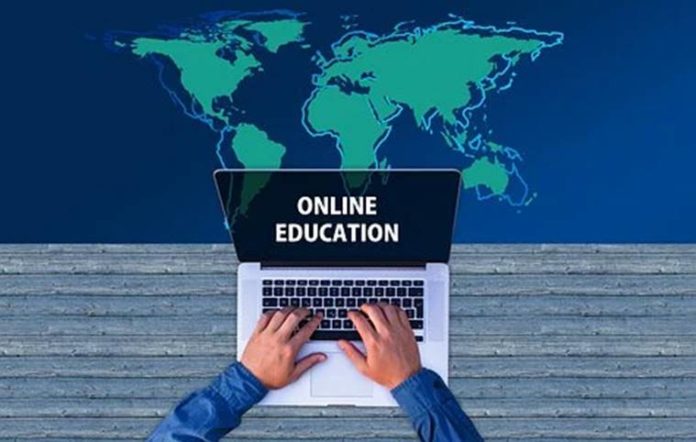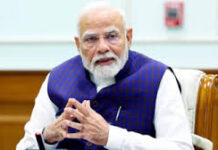New Delhi (NVI): The COVID-19 pandemic has disrupted the education sector globally. Classes have been suspended to enforce social distancing and educational institutions, from schools to universities, have shifted to online methods of teaching and evaluation. Still, there is no certainty about when normalcy will be restored. This has encouraged some sort of a permanent tilt, if not a complete shift, to online education.
Online teaching is something many institutions are contemplating, but do the Indians have the bandwidth for online learning? Preliminary data analysis indicates that the combinations of challenges are faced by children in accessing education.
The online survey conducted by Learning Spiral showed that children faced a combination of issues in accessing education digitally.
The dominant mode of delivering education is WhatsApp which is used by 75% followed by phone calls between the teacher and the student which is 38%. The private schools have ‘delivered’ education, with their dependence on WhatsApp as the primary mode of delivery.
In addition to the pedagogical issues with the use of WhatsApp, access continues to be an issue – over 75% children reported a host of challenges to access education digitally including not having an internet connection, being unable to afford data, Internet speed/signal is not conducive. While these challenges were common across states, in Jharkhand specifically, over 40% students reported that they did not have the right device to access digital education.
The students have reported internet speed and signal as the main hindrances in accessing online learning. Despite challenges in accessing education digitally, not a single instance of education through non-digital mediums was reported. Due to the continued reliance on digital modes and the interrupted access to education, it is estimated that children from disadvantaged backgrounds will lose almost 40% of their previous year’s learning. 3 out of every 4 students faced challenges to access education.
Most challenges faced are like lack of IT support, continuous technological changes, unequal access for all students, unoptimized software for mobile devices and security issues. Learning Spiral provides various technologies. It focuses on leveraging information technology and AI to deliver solutions and services to educational institutes, universities, schools, colleges.
Commenting on the same, Manish Mohta, MD, Learning Spiral said, “The new decade is expected to witness the next wave of Digital India aided by the recent COVID-19 pandemic that has catalysed the speed at which the already connected consumer is getting further connected with devices, payments, e-medicine, etc.
“The lockdown and social distancing have pushed users to experiment with various digital solutions, some of them by desire while others due to compulsion. The year 2021 is likely to see a tectonic shift in both Internet adoption and frequency of usage.”
-MWS








